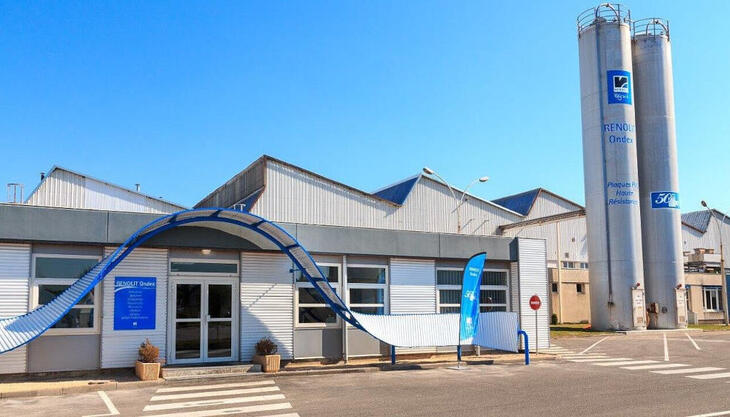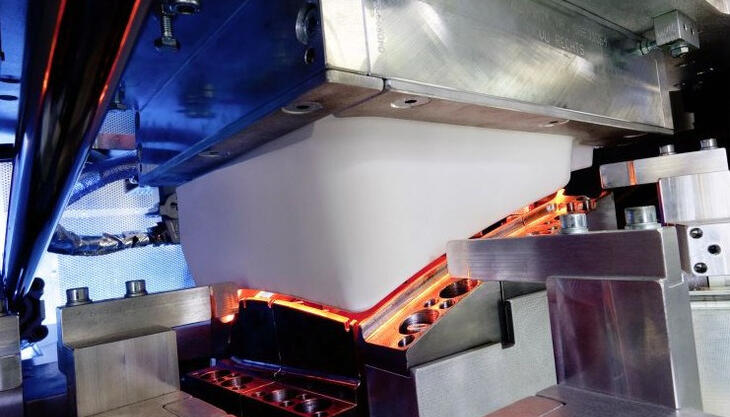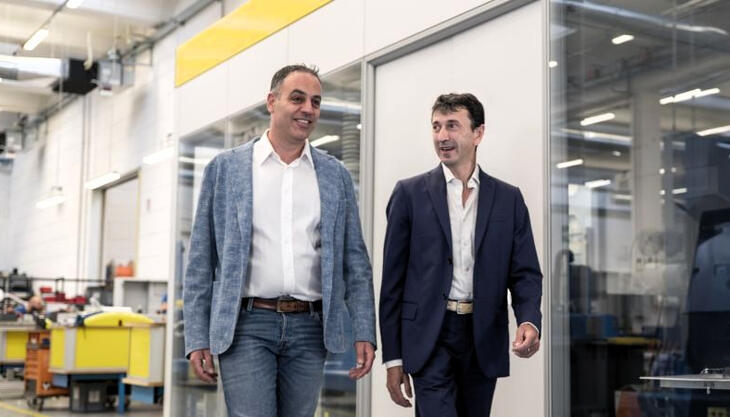Carbon dioxide as feedstock for chemistry and polymers
On October 7-9, 2013, at Haus der Technik in Essen (Germany), Nova-Institute will organise the second conference on carbon dioxide as feedstock for chemistry and polymers.
For the second consecutive year, experts will gather to discuss the subject of CO2 as the feedstock of the future. The conference is under the patronage of Svenja Schulze, Minister of Innovation, Science and Research of the German State of North Rhine-Westphalia.
Life on this planet has thrived successfully for more than 3 billion years and has always relied only on CO2 as single feedstock, in combination with water and solar energy. In a similar manner, over the last few years the vision of a "CO2 economy" has emerged, based on different technologies developed for the capture of CO2 and its conversion into all the different chemicals, plastics or fuels that our modern day society needs.
CO2 utilization means recycling CO2 as an everlasting raw material and carbon source in a circular economy. Instead of CCS (Carbon Capture and Storage), these new technologies are called CCU (Carbon Capture and Utilization). First investments in energy storages (power-to-gas) and polymers (polyurethane from CO2) are realized in Europe this year.
Carbon dioxide as feedstock for chemistry can be used in many different manners and technologies involved can be clustered into several families: renewable energy storage, chemicals and polymers, CO2 mineralization, carbon source for biotechnology for algae and bacteria and the artificial photosynthesis via chemical processes.
During the first day of the conference, the vision and the framework for a modern CO2 economy will be shown by representatives from European and German political bodies, the International Energy Agency (Paris) and the European Chemical Industry represented by Cefic (Brussels). Additionally, the Virgin Earth Challenge (London) will present their vision for CO2 utilisation's role in combating climate change.
The second day will focus on the feedstock preparation and utilization in the innovative inorganic and organic chemistry and also in the production on "solar fuels". Following some overviews, several international speakers from the industry and academia will present their most recent projects. Internationally well-known experts such as Sang-Eon Park from the Seoul National University (South Korea), Gabriele Centi from the University of Messina (Italy) and Matthias Beller from the Leibniz Institute for Catalysis in Rostock (Germany) will join in with representatives from companies such as Evonik (Germany), Climeworks (Switzerland), Tecnalia (Spain) and Carbon Recycling International (Island).
During the third day, the conference will highlight polymers and building blocks made from CO2 via chemical and biotechnological routes. Participants can listen to presentations of companies such as Bayer, Basf, Lanzatech, Cardia Bioplastics and Oakbio together with those of scientists from Universities of Wageningen (The Netherlands), Sydney (Australia) and Amsterdam (The Netherlands) and research institutions such as Csiro from Australia, the Wuppertal Institute (Germany) and the Bio Base Europe Pilot Plant (Belgium).
A technical exhibition of products, technologies and development ideas will run in parallel to the conference, as well as a poster session on uses of CO2.



















